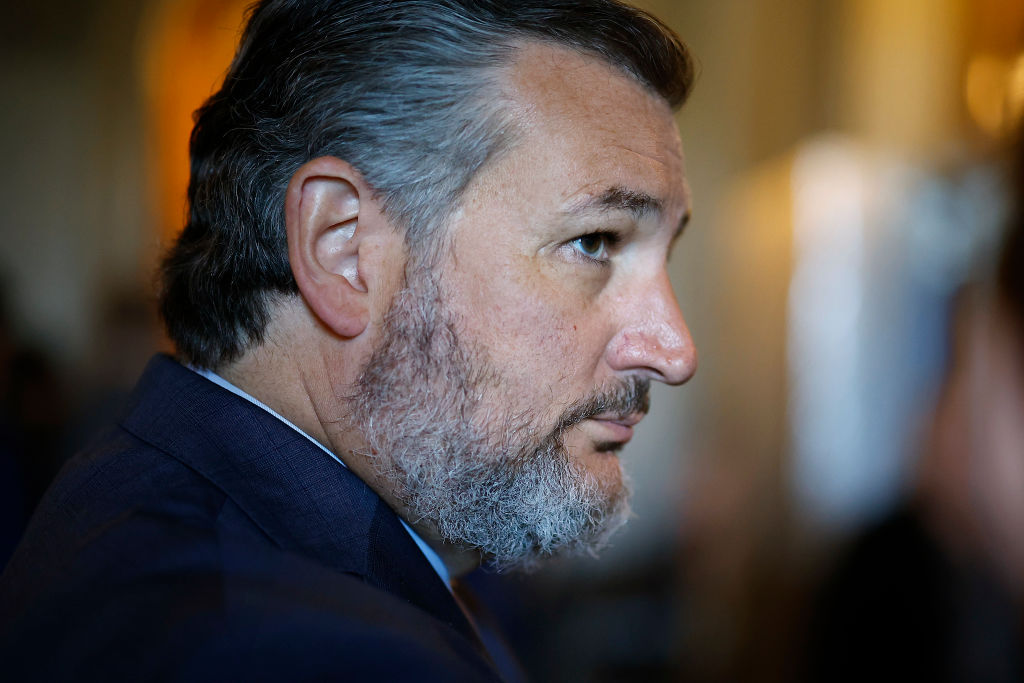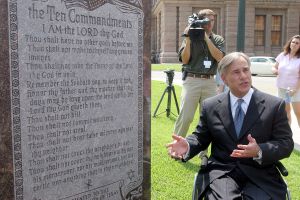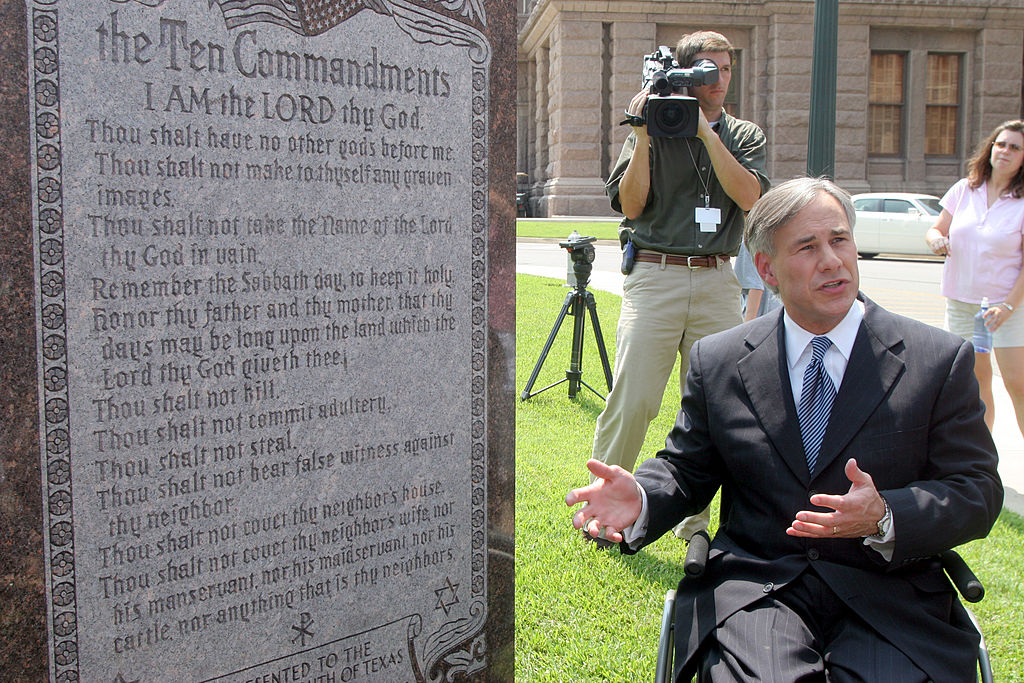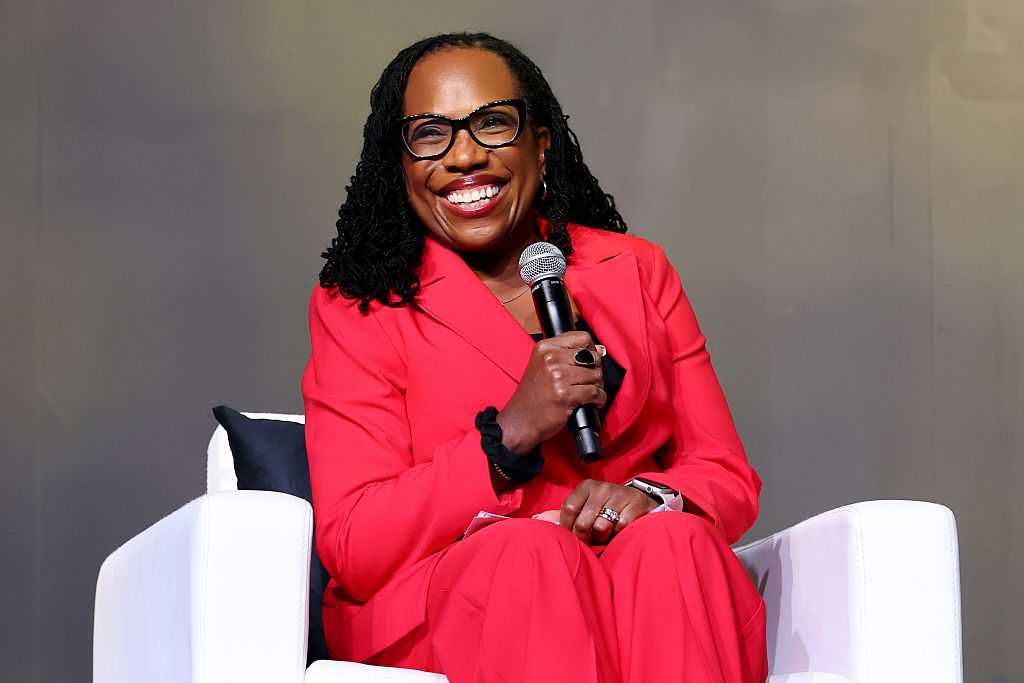The biggest open secret in Texas politics is now public knowledge. For months, it’s been known that Ted Cruz will run for re-election to the Senate in 2024, skipping the presidential contest.
It’s a smart move by Cruz for a number of reasons, and will likely benefit the potential candidacy of Florida Governor Ron DeSantis, who would have had to compete with Cruz in the conservative lane for the GOP nomination. Those who come in second in presidential primaries, as Cruz did in 2016, tend to run again. The fact that Cruz is passing on the opportunity leaves a major opening for others.
Since 1976, every competitive presidential primary on the Republican side has had one thing in common: at least one candidate has hailed from Texas. Whether they became the nominee or not, these candidates were frequently contenders with the backing of wealthy Texas Republicans and a strong pull at Republican conventions thanks to their robust Lone Star State delegations.
The 2024 contest will likely mark the end of this trend, unless there’s a dramatic change in the priorities of Texas Governor Greg Abbott, who will formally open his third term in his state of the state address on Thursday. Abbott has given little indication of any interest in running for the presidency — but it’s worth considering what he’d bring to the table if he did.
While the media’s focus after the 2022 midterms focused on GOP gubernatorial successes in Florida, Georgia, and Ohio, Abbott’s victory over the hapless Beto O’Rourke was no less impressive. Despite coming off a couple of challenging years and facing a massive national fundraising effort from media darling O’Rourke (who had given Cruz a run for his money in 2018), Abbott’s campaign spent wisely. They deployed a shrewd early voting strategy, and ended up winning by double-digit margins and nearly a million votes.
Abbott has plenty of critics on the right, including in his own state. But it’s notable how many key issues he’s taken the lead on, and how well they match up with the priorities of Republican voters at the moment, particularly on immigration and the border.
With Cruz out, it’s unlikely that the GOP presidential contest will feature a single border state candidate — a position Abbott could obviously fill. And on issues like abortion and education, Abbott has been a vocal leader for statewide vouchers, while abortions in Texas have declined dramatically since he signed a law effectively banning them after six weeks. A practicing Catholic, Abbott’s faith is key to his personal story about the tragic accident that put him in a wheelchair. He rarely brings it up, but it’s compelling when he does.
None of this is to say that Abbott will decide to do anything else but be governor for the next four years. The demands of a nationwide campaign may not appeal to him — he’s known for being a perfectionist, regimented in his schedule — but his absence leaves an immigration experience gap in the emerging field. Border issues are paramount for a significant portion of the GOP electorate, and if the potential Lone Star candidates choose to sit this one out, it will be a race among the non-Texans to seize hold of the issue — which could be key to any effort to topple Donald Trump.

























